Home>Home Appliances>Laundry Appliances>How To Get Rust Out Of A Washing Machine
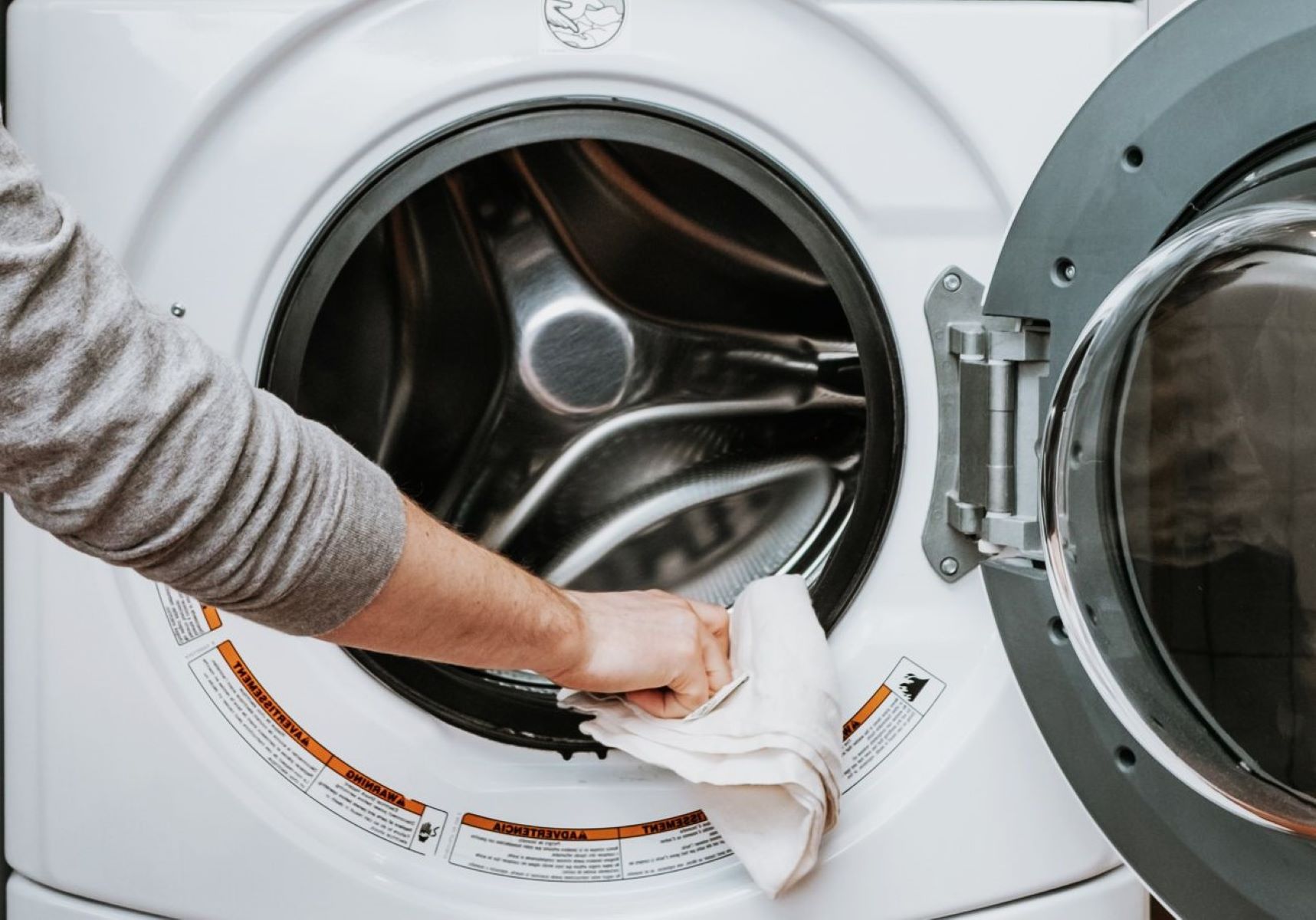

Laundry Appliances
How To Get Rust Out Of A Washing Machine
Published: February 22, 2024
Learn effective methods to remove rust from your laundry appliances. Discover how to keep your washing machine rust-free with these simple tips and tricks.
(Many of the links in this article redirect to a specific reviewed product. Your purchase of these products through affiliate links helps to generate commission for Storables.com, at no extra cost. Learn more)
Introduction
Dealing with rust in a washing machine can be a frustrating and concerning issue for many homeowners. Rust not only affects the appearance of the machine but can also lead to stains on clothes and potentially damage the appliance over time. However, with the right knowledge and techniques, it is possible to effectively address and prevent rust in washing machines.
In this comprehensive guide, we will explore the various aspects of rust in washing machines, including understanding the causes of rust, methods for removing rust from the drum, and practical steps for preventing future rust build-up. By the end of this article, you will be equipped with the insights and strategies needed to tackle rust-related challenges in your washing machine, ensuring its longevity and optimal performance.
Let's delve into the world of washing machine maintenance and discover how to combat the pesky problem of rust effectively.
Key Takeaways:
- Say goodbye to rust in your washing machine! Use natural remedies like vinegar and lemon juice, or opt for commercial rust removers. Regular cleaning and maintenance will keep your machine rust-free and clothes stain-free.
- Prevent rust in your washing machine by using rust inhibitors, choosing gentle detergents, and applying protective coatings. Keep your machine dry and well-maintained to ensure a long-lasting, rust-free laundry experience.
Read more: How To Get Sand Out Of A Washing Machine
Understanding Rust in Washing Machines
Rust in washing machines is a common issue that arises due to the interaction of moisture, metal, and oxygen. The presence of these elements can lead to the formation of iron oxide, commonly known as rust, on the surfaces of the washing machine, particularly within the drum. Understanding the underlying causes of rust in washing machines is crucial for effectively addressing and preventing this problem.
Causes of Rust
Rust formation in washing machines can be attributed to several factors. The primary cause is prolonged exposure to moisture, which can occur due to the accumulation of water within the drum or the presence of damp laundry. Additionally, the use of harsh cleaning agents or exposure to acidic substances can accelerate the corrosion of metal components, leading to rust formation. Furthermore, scratches or damage to the enamel or protective coatings on the drum can create vulnerable areas where rust can develop.
Impact on the Washing Machine
The presence of rust in a washing machine can have detrimental effects on both its functionality and appearance. From a functional standpoint, rust can compromise the smooth operation of the machine, leading to increased friction and potential damage to delicate fabrics during the wash cycle. Moreover, rust particles can transfer onto clothes, causing unsightly stains that are difficult to remove. Over time, extensive rusting can weaken the structural integrity of the machine, leading to mechanical issues and reduced lifespan.
Identification of Rust
Detecting rust in a washing machine is essential for timely intervention. Common signs of rust include reddish-brown discoloration on the drum or other metal components, as well as the presence of rust particles in the wash water or on freshly laundered clothes. Additionally, unusual noises during the wash cycle or visible corrosion on the exterior of the machine can indicate the presence of rust.
Read more: How To Get Water Out Of A Washing Machine
Environmental Factors
Environmental conditions can also contribute to rust formation in washing machines. High humidity levels and exposure to salty air, common in coastal regions, can accelerate the corrosion process. Similarly, storing the washing machine in a damp or poorly ventilated area can create an environment conducive to rust development.
By gaining a comprehensive understanding of the causes and impact of rust in washing machines, individuals can take proactive measures to address this issue effectively and safeguard the longevity of their appliances.
Removing Rust from the Drum
When rust infiltrates the drum of a washing machine, prompt action is essential to prevent further deterioration and restore the appliance's functionality. Fortunately, several effective methods can be employed to remove rust from the drum, revitalizing the interior of the washing machine.
1. Vinegar and Baking Soda Solution
A popular and environmentally friendly approach involves creating a paste using equal parts of white vinegar and baking soda. This paste is applied directly to the rusted areas within the drum and left to sit for a few hours. The natural acidic properties of vinegar, combined with the abrasive nature of baking soda, work synergistically to dissolve and loosen the rust, making it easier to remove.
2. Lemon Juice and Salt Scrub
Lemon juice, known for its acidic properties, can be combined with salt to form a powerful rust-fighting scrub. The abrasive texture of salt aids in loosening the rust, while the citric acid in lemon juice helps dissolve the corrosion. This mixture can be applied to the affected areas and gently scrubbed using a soft-bristled brush, effectively targeting and removing the rust from the drum.
3. Commercial Rust Removers
For more severe cases of rust accumulation, commercial rust removers specifically formulated for washing machines can be utilized. These products are designed to penetrate and dissolve stubborn rust, restoring the affected surfaces to their original condition. It is important to follow the manufacturer's instructions when using commercial rust removers to ensure safe and effective application.
4. Sanding and Repainting
In instances where the rust has caused significant damage to the drum's surface, sanding and repainting may be necessary. After removing the rust using abrasive sandpaper, the affected area can be primed and repainted with a rust-resistant enamel paint, effectively sealing the surface and preventing future rust formation.
5. Professional Maintenance
In cases of extensive rust or mechanical issues resulting from rust damage, seeking professional maintenance and repair services is advisable. Trained technicians can assess the extent of the rust damage and implement comprehensive solutions to restore the washing machine to optimal condition.
By employing these proven methods, individuals can effectively remove rust from the drum of their washing machines, ensuring the appliance's longevity and performance. Regular maintenance and proactive rust prevention measures can further safeguard the interior of the washing machine, promoting a seamless laundry experience for years to come.
Preventing Future Rust Build-Up
Preventing future rust build-up in a washing machine is essential for maintaining its longevity and preserving the quality of laundered clothes. By implementing proactive measures and adopting a preventive maintenance approach, individuals can effectively mitigate the risk of rust formation within the appliance. Here are practical strategies to prevent future rust build-up:
Read more: How To Get Glitter Out Of A Washing Machine
1. Regular Cleaning and Drying
Consistent cleaning and thorough drying of the washing machine after each use are fundamental in preventing moisture accumulation, a primary catalyst for rust formation. Wiping down the interior surfaces, including the drum and door seal, with a clean, dry cloth helps remove residual moisture and minimizes the potential for rust development.
2. Use of Rust Inhibitors
Applying rust inhibitors specifically formulated for washing machines can provide an additional layer of protection against corrosion. These inhibitors create a barrier that shields metal components from moisture and oxidation, effectively reducing the likelihood of rust formation within the appliance.
3. Proper Detergent Selection
Choosing mild, non-acidic detergents and laundry additives is crucial for preventing chemical-induced corrosion and enamel damage within the washing machine. Harsh chemicals can accelerate rust formation, making it essential to opt for gentle, rust-inhibiting detergents that are compatible with the appliance's materials.
4. Inspection and Maintenance
Regular inspection of the washing machine's interior and exterior surfaces allows for early detection of potential rust-prone areas. Addressing minor scratches, chips, or enamel damage promptly can prevent these vulnerable spots from becoming sites for rust accumulation. Additionally, scheduling routine maintenance checks by qualified technicians can help identify and address any underlying issues that may contribute to rust formation.
5. Optimal Storage Conditions
Storing the washing machine in a well-ventilated, dry area away from direct exposure to moisture and harsh environmental elements is crucial for preventing rust build-up. Adequate ventilation and controlled humidity levels in the storage space can significantly reduce the risk of corrosion and rust formation within the appliance.
6. Protective Coatings
Applying protective coatings, such as enamel sealants or rust-resistant paints, to vulnerable areas within the washing machine can provide an added layer of defense against rust. These coatings act as a barrier, safeguarding the metal surfaces from moisture and oxidation, thereby prolonging the appliance's lifespan.
By incorporating these preventive measures into regular washing machine maintenance routines, individuals can effectively minimize the risk of future rust build-up, ensuring the appliance remains in optimal condition for years to come. Proactive rust prevention not only preserves the functionality and aesthetics of the washing machine but also contributes to a seamless and efficient laundry experience.
Frequently Asked Questions about How To Get Rust Out Of A Washing Machine
Was this page helpful?
At Storables.com, we guarantee accurate and reliable information. Our content, validated by Expert Board Contributors, is crafted following stringent Editorial Policies. We're committed to providing you with well-researched, expert-backed insights for all your informational needs.
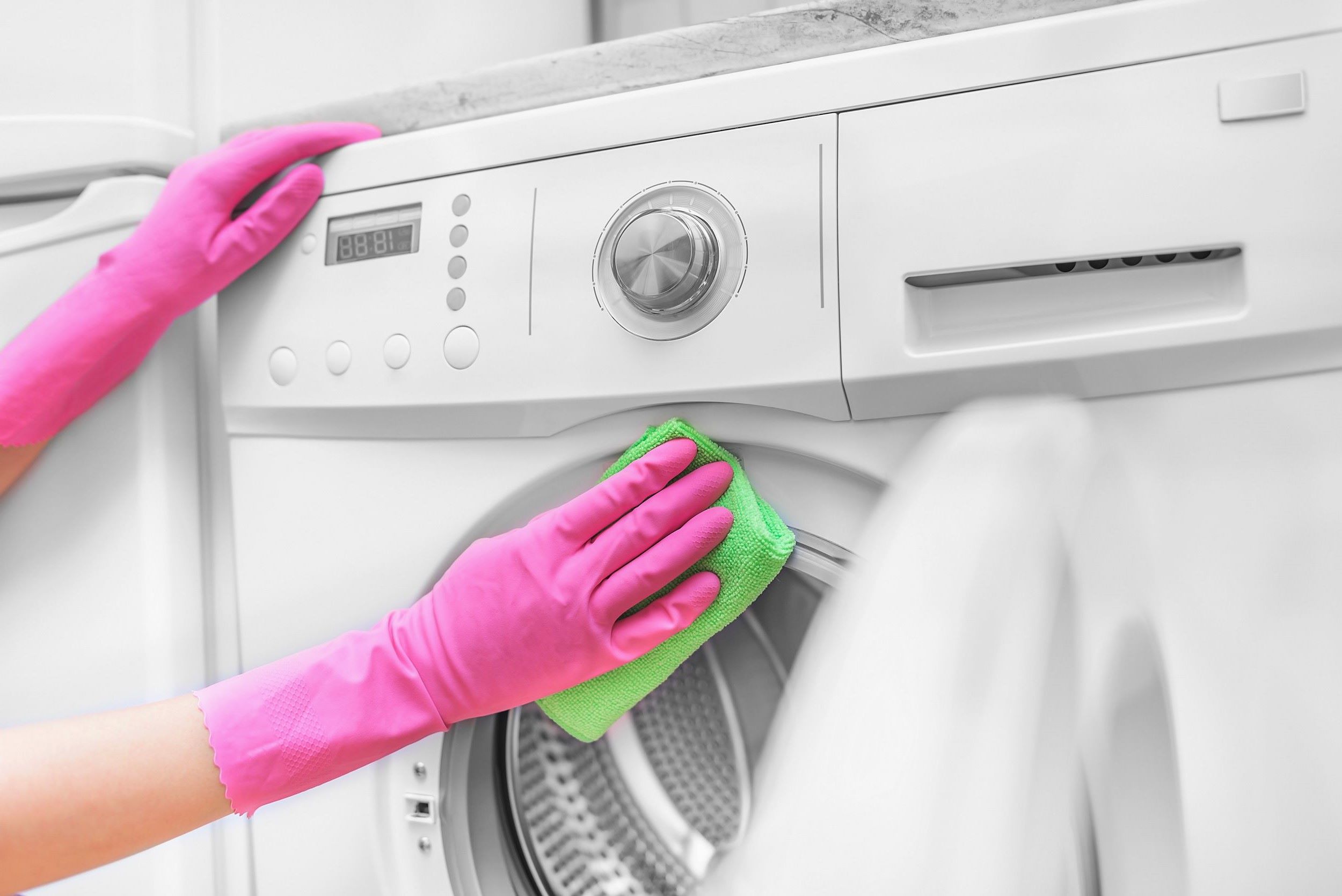
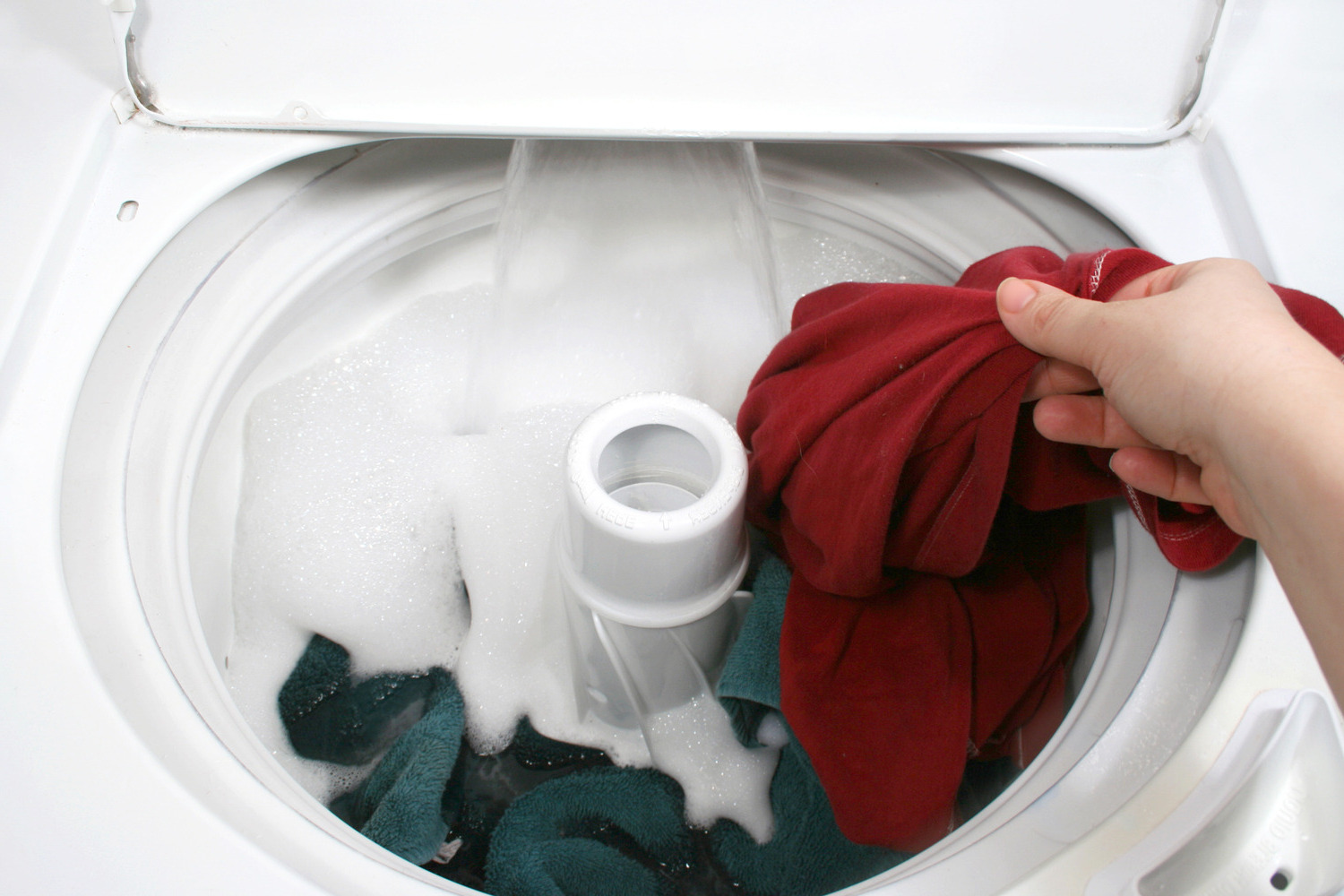
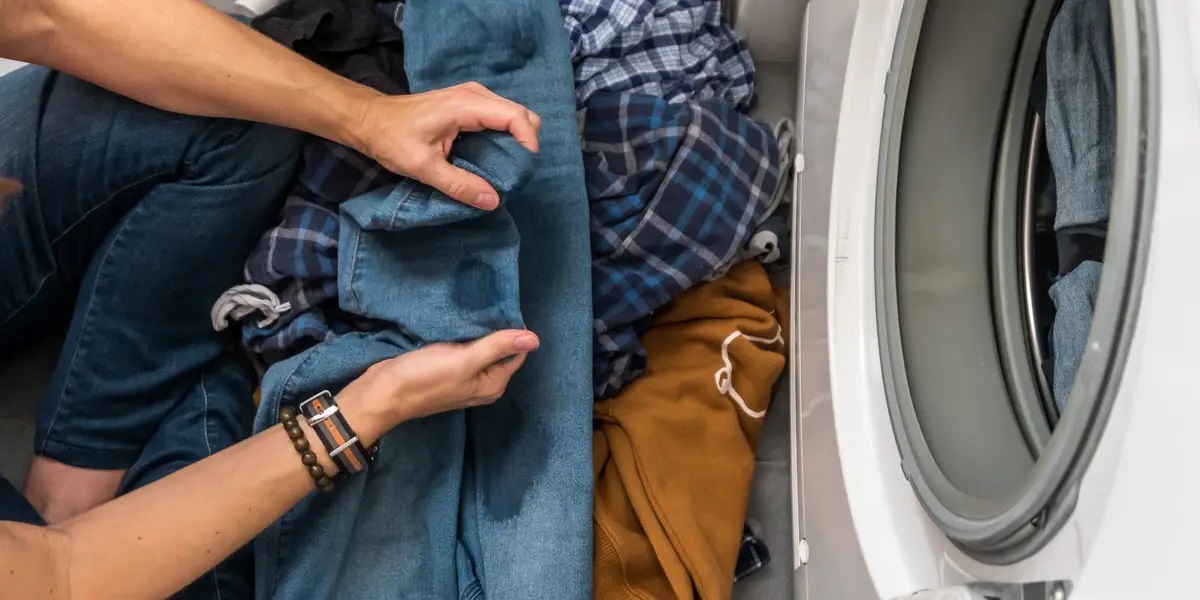
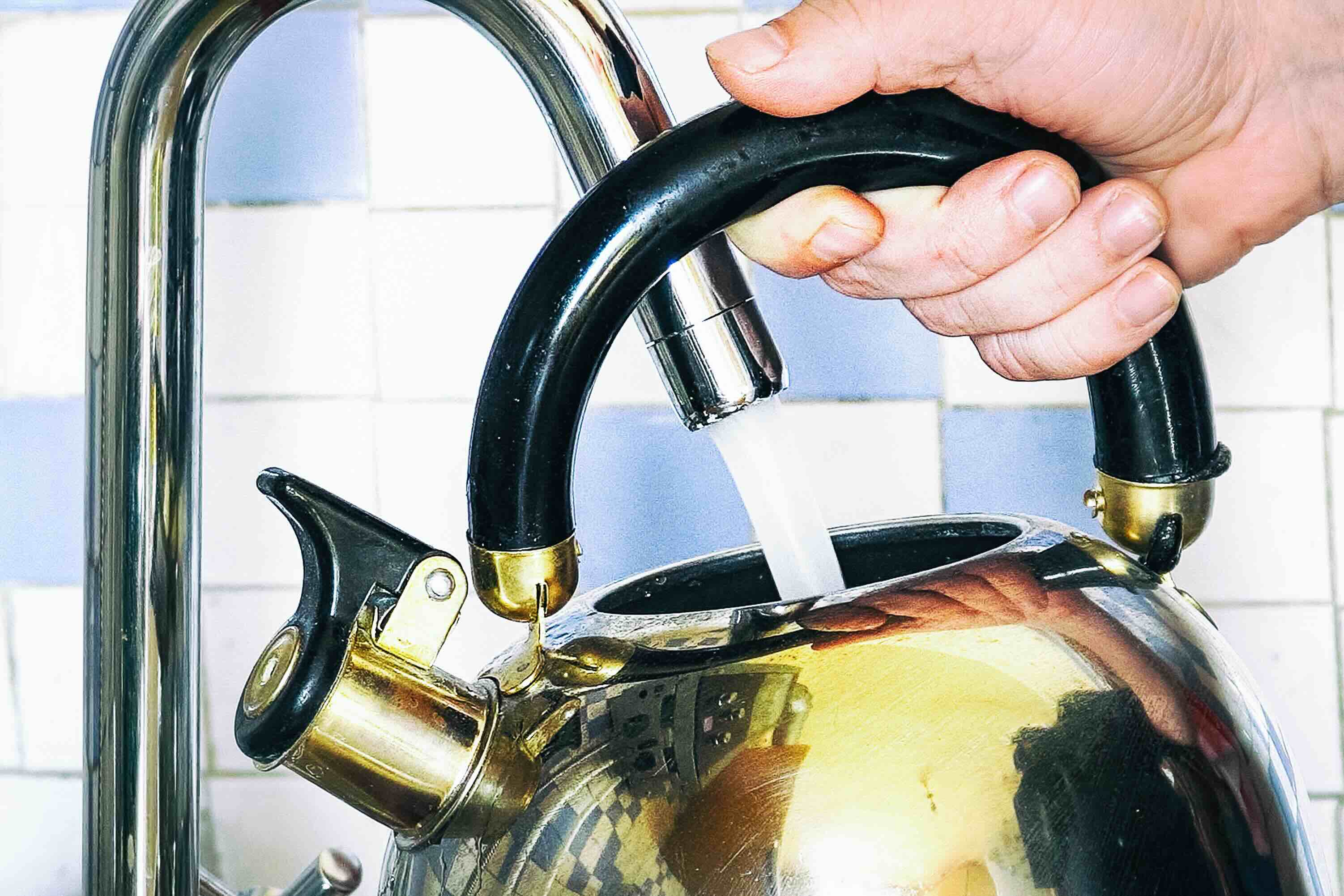
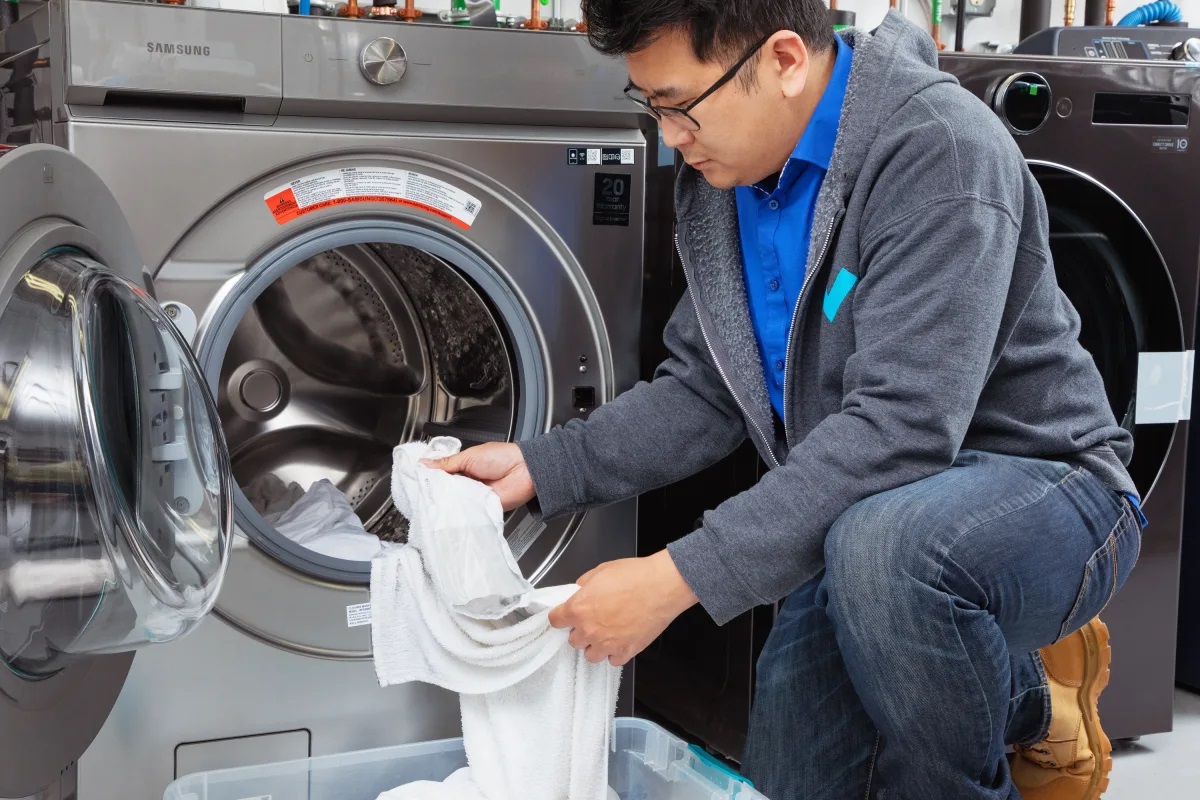
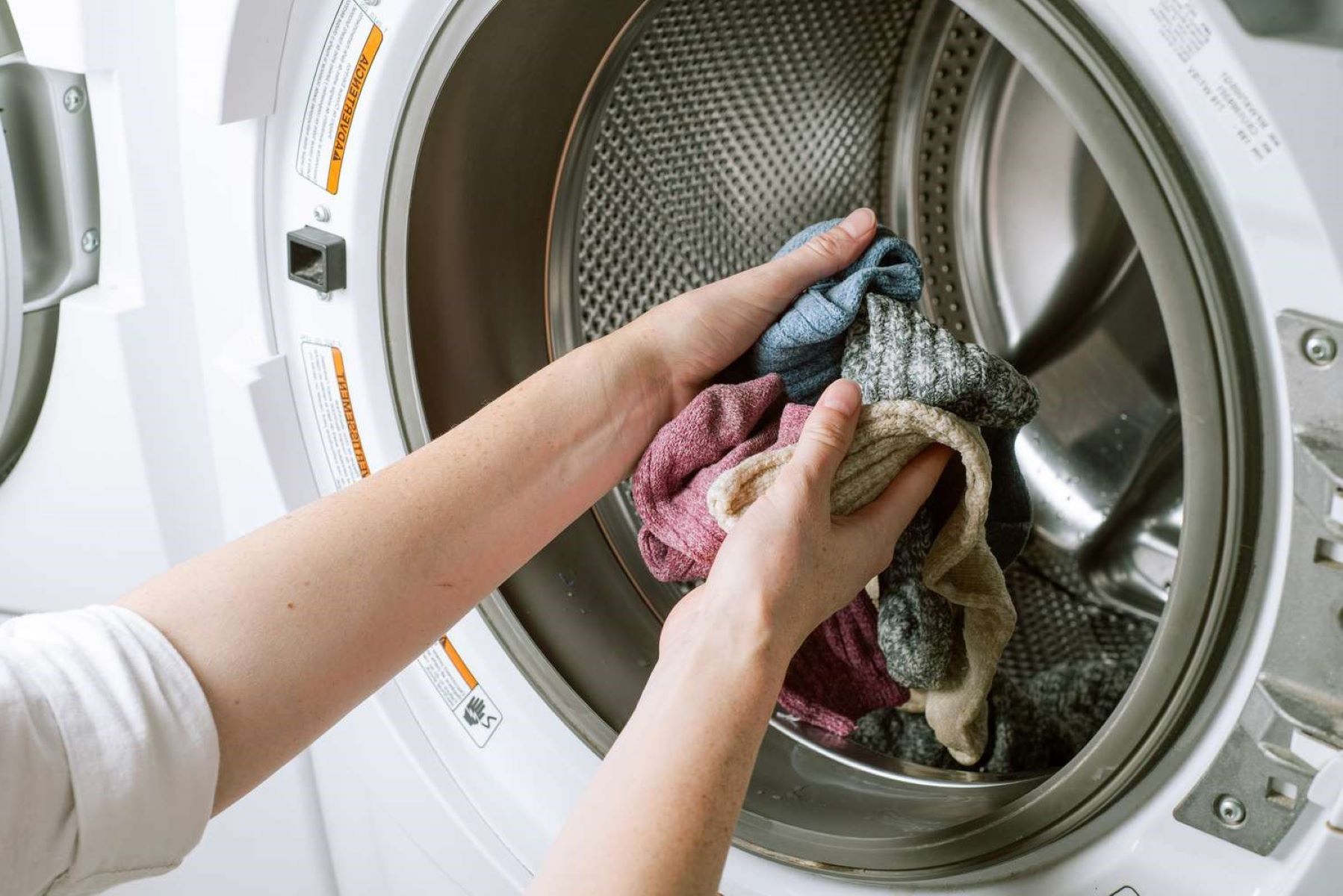
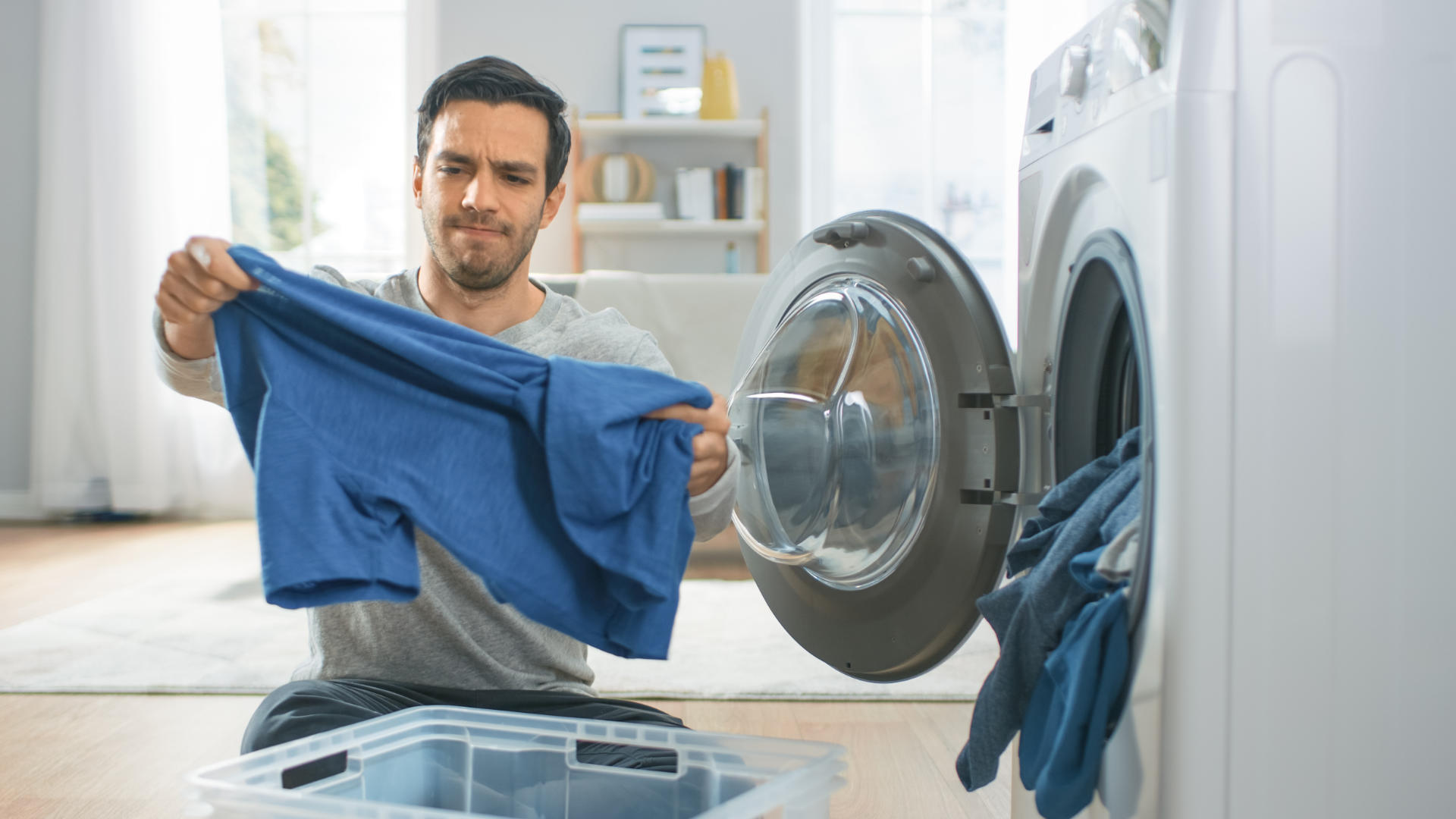
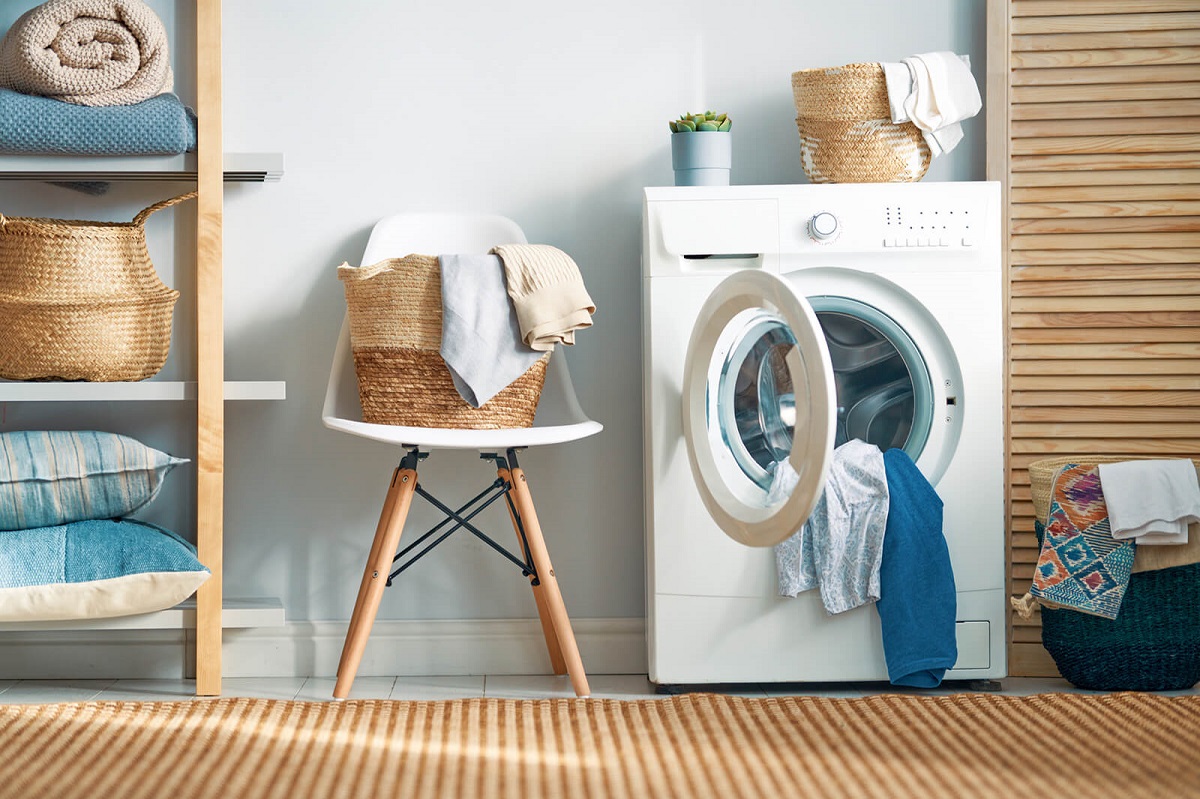
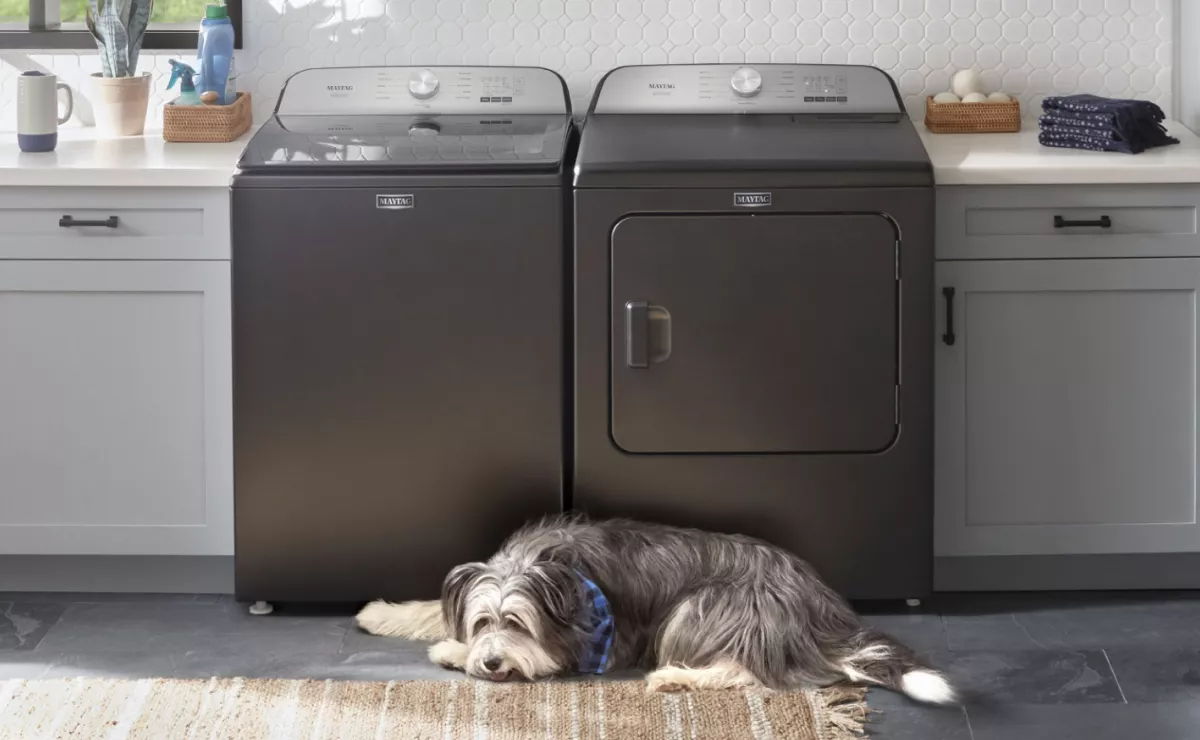
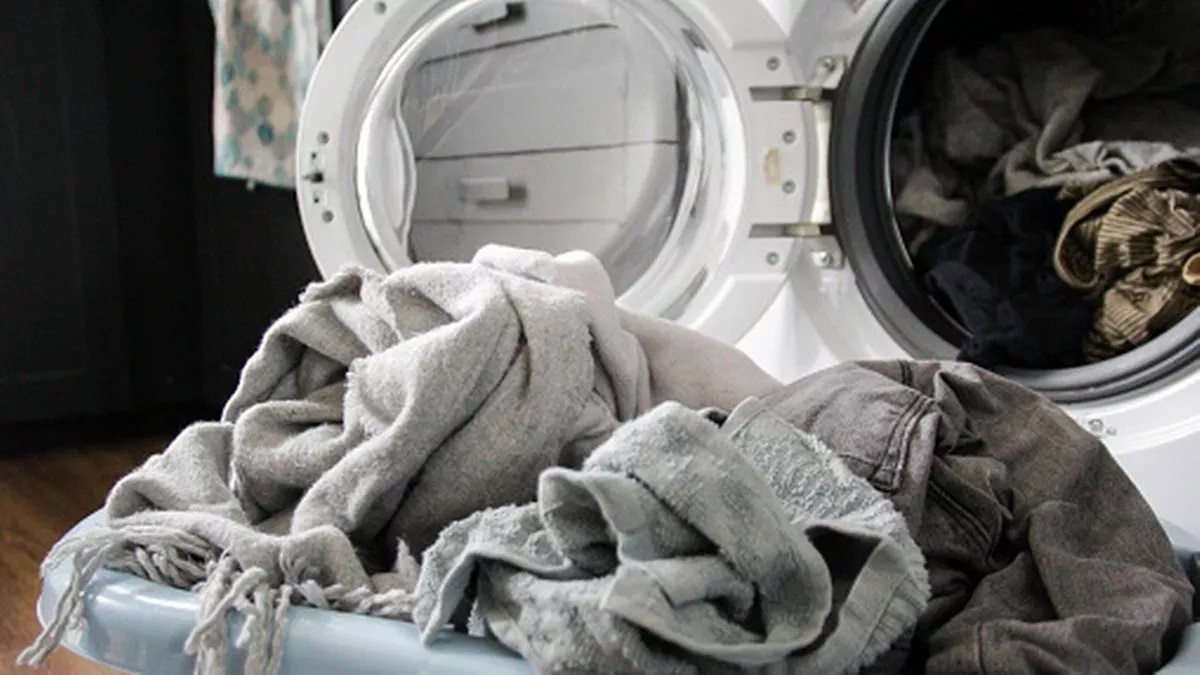
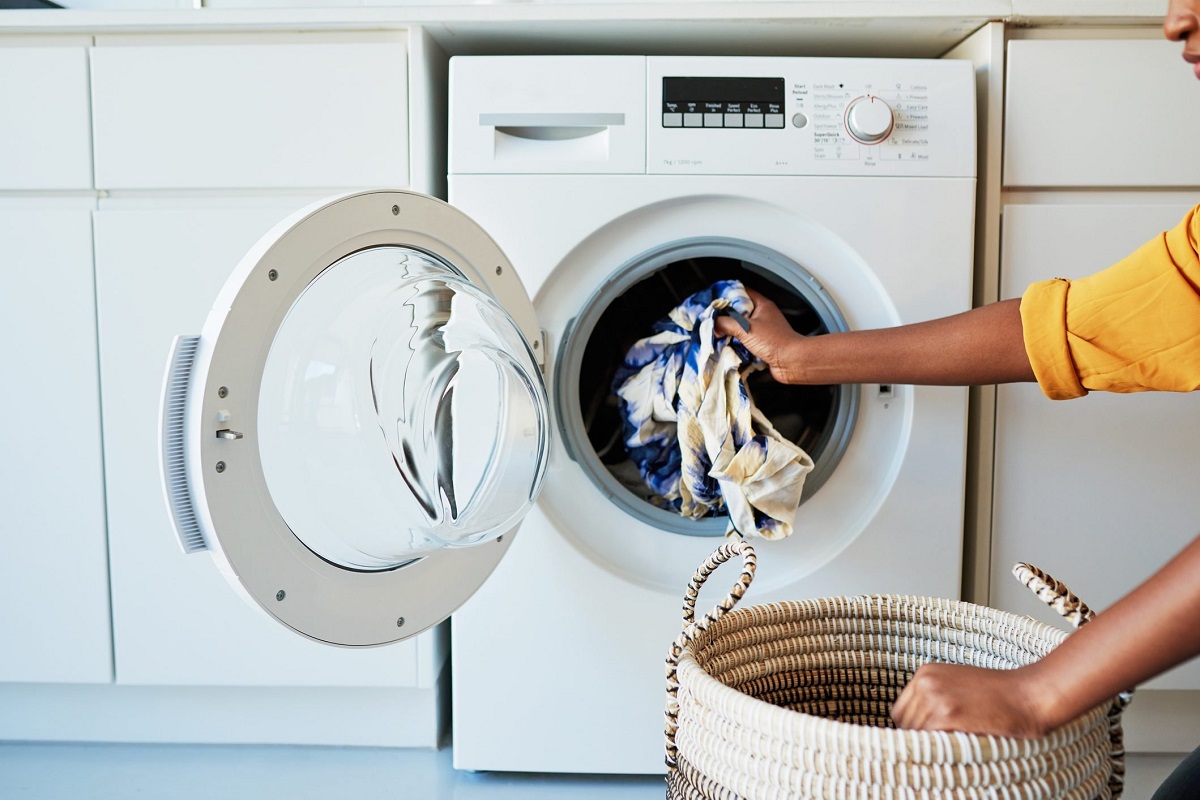

0 thoughts on “How To Get Rust Out Of A Washing Machine”